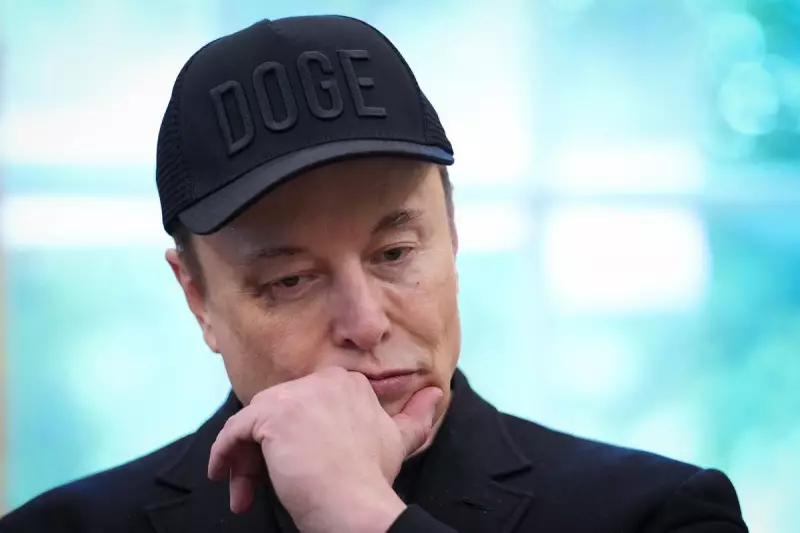
In a stunning reversal, tech magnate Elon Musk has been compelled to settle the high-stakes legal dispute surrounding his $44 billion acquisition of Twitter, now rebranded as X.com. The billionaire entrepreneur, known for his combative approach to business negotiations, has agreed to significant concessions to avoid a courtroom confrontation that could have exposed sensitive internal communications.
The Legal Showdown That Never Was
Just weeks before the scheduled trial in Delaware's Court of Chancery, Musk's legal team entered into settlement discussions that have resulted in a comprehensive agreement. The case, which threatened to delve into Musk's private texts and internal company deliberations, has been resolved with the Tesla CEO making notable compromises.
What the Settlement Means for X.com
The agreement represents a major victory for Twitter's former board and shareholders, who had accused Musk of attempting to renege on his binding acquisition agreement. Legal experts suggest the settlement includes:
- Financial commitments honouring the original $54.20 per share offer
- Operational concessions regarding platform governance
- Binding agreements on future platform developments
- Protections for existing Twitter staff and policies
Avoiding the Courtroom Spotlight
Legal analysts believe Musk's decision to settle stemmed from growing concerns about potentially damaging revelations that could have emerged during trial proceedings. The discovery process had already uncovered internal communications that painted a complicated picture of Musk's acquisition strategy.
The courtroom drama was poised to examine Musk's controversial statements about Twitter's bot population - claims that formed the initial basis for his attempted withdrawal from the deal. However, with the settlement, these arguments will remain untested in court.
Industry Implications
This resolution sets important precedents for future tech acquisitions and establishes that even the world's wealthiest individuals cannot easily escape binding merger agreements. The settlement reinforces the seriousness of acquisition contracts in the technology sector and may influence how future deals are structured and negotiated.
The outcome demonstrates that regulatory frameworks and legal systems can effectively hold tech giants accountable, even when facing individuals known for challenging conventional business practices.





